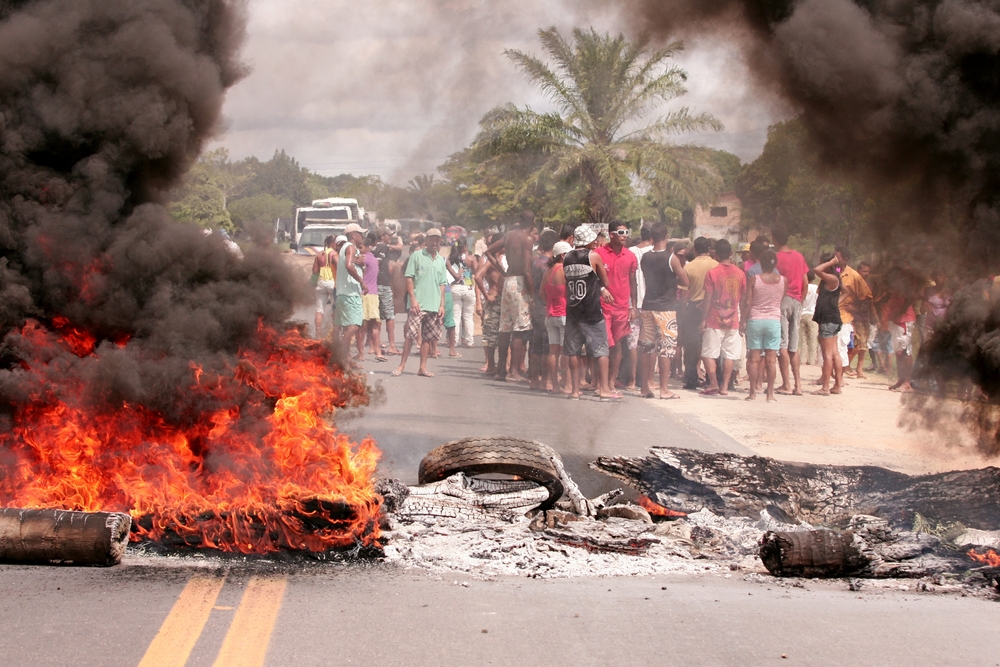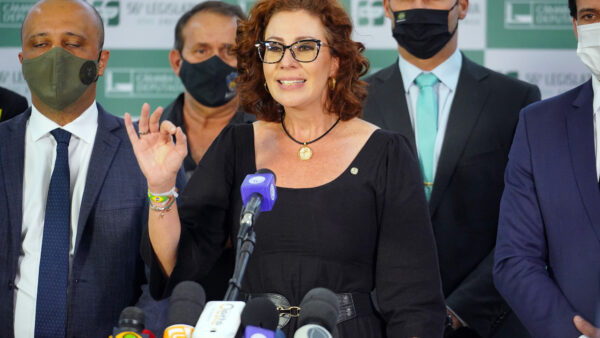Even after the October election, Brazil continues to register cases of political violence. A survey by researchers at the Federal University of Rio de Janeiro tallied 103 violent episodes involving politicians and their families between October and November.
Of those, the survey found 59 threats, 19 assaults, 13 homicides, and two kidnappings.
The most violent period of 2022 remains the election campaign, between July and September, when 212 incidents were recorded. Throughout the year, there were more than 500 cases — a number close to that of 2020, the year of the last municipal elections for mayors and city councilors.
A different study by NGOs, reported on by The Brazilian Report in October, had already pointed out that cases of political violence grew by 400 percent compared to 2018 — when President Jair Bolsonaro was elected.
Even though they are not running for office this year, city councilors were the most common victims of attacks — 42 in the last two months. One of them occurred when the City Council of Sinop, in Mato Grosso, had to be closed after pro-Bolsonaro demonstrators — defeated in his re-election campaign — harassed a councilor from the party of Luiz Inácio Lula da Silva, who won the national dispute.
Supporters of Mr. Bolsonaro were behind the most emblematic episodes of violence, notably by staging verbal attacks against Supreme Court justices.
Even House Speaker Arthur Lira, who until the election was one of Mr. Bolsonaro’s most important allies, was called a “traitor of the Fatherland” by militants after hosting President-elect Lula for a meeting.
Similar vitriol was directed toward the center-left presidential candidate Ciro Gomes, after he (half-heartedly) declared support for Lula during the runoff campaign.
Although the numbers show a radicalized political environment, the worst fears political observers had in the run-up to the election haven’t materialized, with the election proceeding without major episodes of violence.
Mr. Bolsonaro spent his entire term sowing distrust in the electoral system, and has yet to concede the election. His loyalists moved to shut down highways across the country — but their efforts were quelled within a week. In recent days, they have been camped outside of Army garrisons, asking for a military coup.
The president, however, has not publicly supported any of these acts. Following his defeat, he became notoriously reclusive, with few public appearances and statements, as used to be his custom.


 Search
Search






































